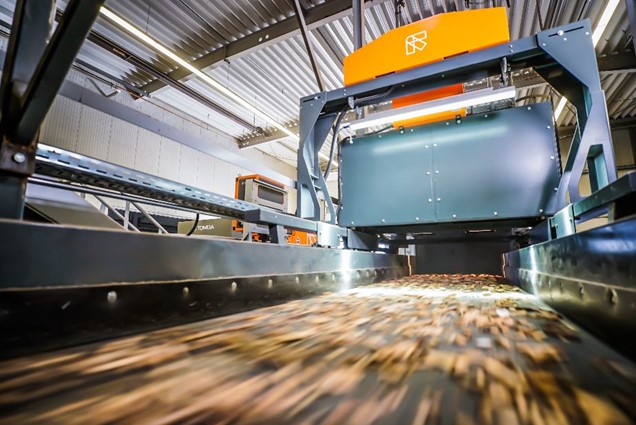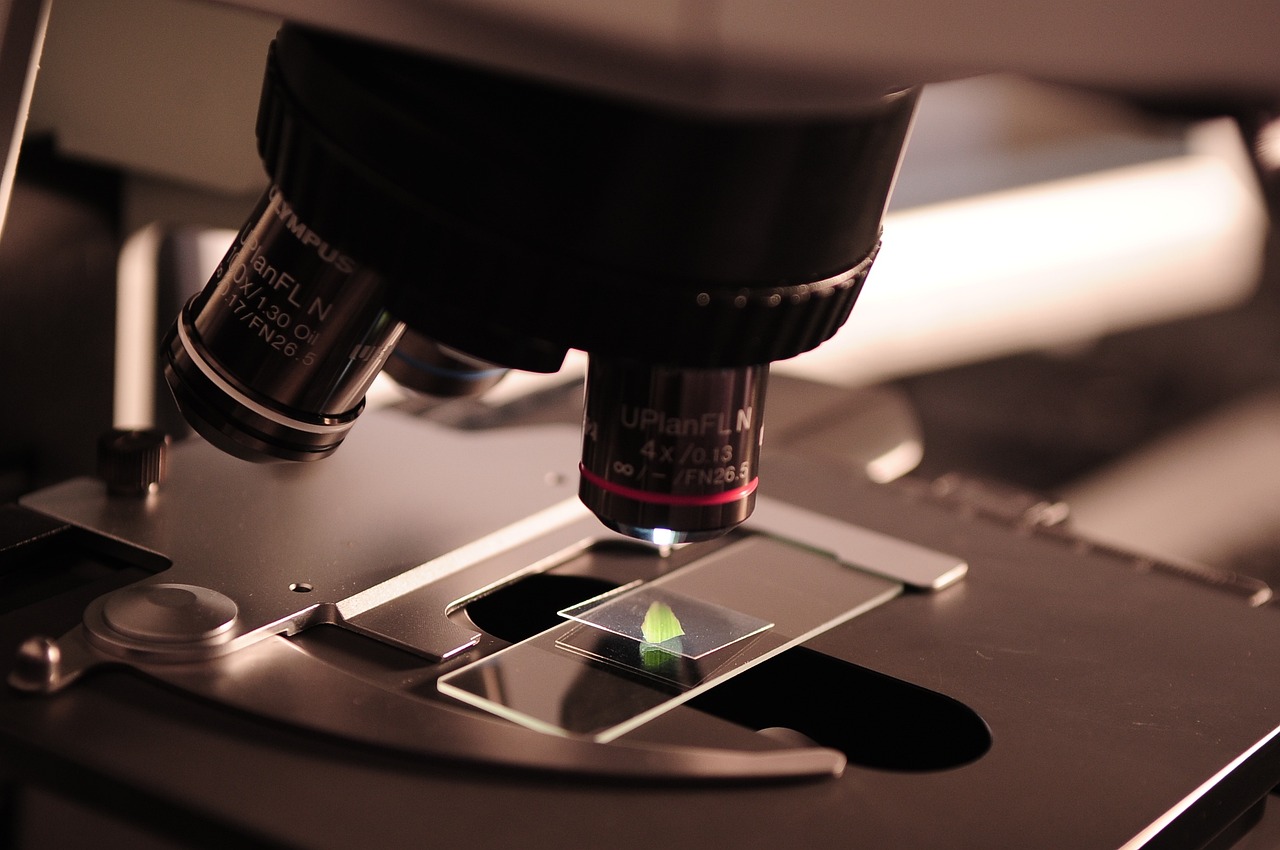Trials & Testing

With manufacturers, retailers and consumers demanding and seeking more sustainable solutions, companies are keen to promote their environmental credentials at every opportunity. It is essential, however, that all claims can be corroborated and are not exaggerated. The process of ‘greenwashing’ is under increasing scrutiny, with both the UK and EU proposing stricter measures to prevent companies from making unwarranted environmental claims.
RECOUP has expertise across the entire plastics value chain from the sourcing of materials, through to end-markets for recycling, and everything in between. Collaborating with our members to ensure that they are making the most efficient and sustainable use of their packaging and product materials.
How RECOUP can help
Through the use of our state-of-the-art laboratory, RECOUP can help businesses meet the requirements of accreditations and certifications for plastic packaging by assessing and providing feedback on the composition of different packaging and product formats. Our support goes beyond recyclability testing—we work with a wide network of partners to tackle complex recycling challenges, including finding solutions for items that fall outside traditional recycling streams.

- Near infrared analysis of packaging: A fast, non-destructive technique that assesses how packaging or materials are identified by optical sorters, providing a baseline for sortability using a comprehensive library of plastic and bio-based samples. It evaluates the impact of different labelling and colours on sorting performance and can determine whether dark colours or detectable blacks are likely to be recognised at a material recovery facility.
- Independent material recovery facility sorting trials: Assesses how a pack is identified by optical sorters and determines which stream it is sorted into. This process highlights problem areas for improvement and provides proof of concept for new packaging innovations aimed at enhancing recyclability.
- Wash testing: Evaluates label performance under hot and cold wash conditions, including adhesive removal from the main polymer, potential fibre loss, and ink bleed. Assesses whether inks are washable and if they impact recycled plastics. This process looks at how additives and adhesives react—checking for signs of oxidation, discolouration, or material degradation under high-temperature exposure.

- Closed loop recycling solutions: We provide independent, objective assessments of materials and design for recycling. By leveraging our network of members and industry contacts, we help identify potential recycling opportunities and facilitate introductions to set up recycling trials.
- Microplastics analysis: Separates plastics from environmental samples by density, before analysing the separated material using microscopy to identify potential particles. Detected particles are further examined using infrared spectroscopy to determine their material or polymer type.
Life Cycle Assessment (LCA)
Life Cycle Assessment (LCA) is a tool to assess the environmental impact of products, goods and services across their life cycle, from raw material extraction through to end of life. The purpose of an LCA is not only to provide data on environmental performance but also to help facilitate the decision-making process.
Join the RECOUP membership today and be at the forefront of driving plastics recycling and resource efficiency! Click now to find out more.
Signing up takes just a few seconds, and you’ll receive our informative and inspiring newsletter straight to your inbox!